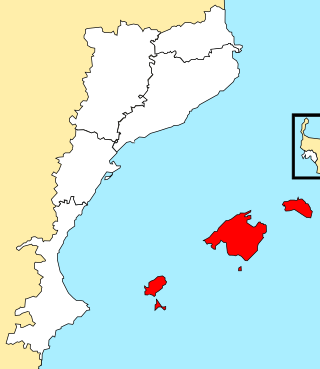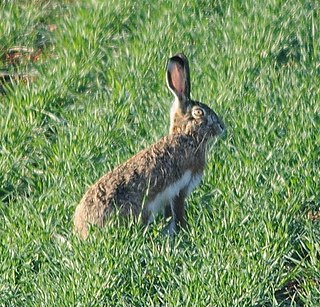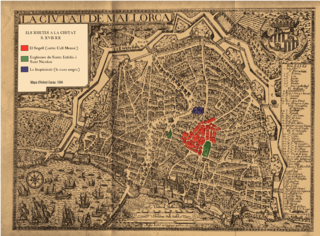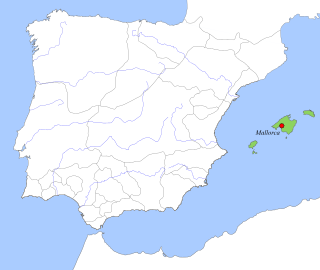
Hares and jackrabbits are mammals belonging to the genus Lepus. They are herbivores, and live solitarily or in pairs. They nest in slight depressions called forms, and their young are able to fend for themselves shortly after birth. The genus includes the largest lagomorphs. Most are fast runners with long, powerful hind legs, and large ears that dissipate body heat. Hare species are native to Africa, Eurasia and North America. A hare less than one year old is called a "leveret". A group of hares is called a "husk", a "down", or a "drove".

Leporidae is the family of rabbits and hares, containing over 70 species of extant mammals in all. The Latin word Leporidae means "those that resemble lepus" (hare). Together with the pikas, the Leporidae constitute the mammalian order Lagomorpha. Leporidae differ from pikas in that they have short, furry tails and elongated ears and hind legs.

The mountain hare, also known as blue hare, tundra hare, variable hare, white hare, snow hare, alpine hare, and Irish hare, is a species of Palearctic hare that is largely adapted to polar and mountainous habitats.

Balearic is the collective name for the dialects of Catalan spoken in the Balearic Islands: mallorquí in Mallorca, eivissenc in Ibiza and menorquí in Menorca.

The European hare, also known as the brown hare, is a species of hare native to Europe and parts of Asia. It is among the largest hare species and is adapted to temperate, open country. Hares are herbivorous and feed mainly on grasses and herbs, supplementing these with twigs, buds, bark and field crops, particularly in winter. Their natural predators include large birds of prey, canids and felids. They rely on high-speed endurance running to escape predation, having long, powerful limbs and large nostrils.

The Kingdom of Majorca was a realm on the east coast of Spain, which included certain Mediterranean Islands, and which was founded by James I of Aragon, also known as James the Conqueror after his Conquest of Majorca from the Muslim Almohad Caliphate.

The Cape hare, also called the brown hare and the desert hare, is a hare native to Africa and Arabia extending into India.

The Ca de Bou or Perro de Presa Mallorquin is a Spanish breed of catch dog from Majorca, the largest of the Balearic Islands.

Vilafranca de Bonany is a small municipality in the district of Pla on Majorca, one of the Balearic Islands in Spain. It is an agricultural town, known for its market stalls along the highway selling spices, fruits, and vegetables as well as tiny doughnuts called bunyols in Majorcan language and buñuelos in Spanish, and also known for the historic Santa Barbara Church built in the 1730s.

The Granada hare, also known as the Iberian hare, is a hare species that can be found on the Iberian Peninsula and on the island of Majorca.

The Majorcan midwife toad is a frog in the family Alytidae. It is endemic to the Balearic Island of Majorca in the Mediterranean Sea. An example of Lazarus taxon, the species was first described from fossil remains in 1977, but living animals were discovered in 1979.

The Xuetes are a social group on the Spanish island of Majorca, in the Mediterranean Sea, who are descendants of Majorcan Jews that either were conversos or were Crypto-Jews, forced to keep their religion hidden. They practiced strict endogamy by marrying only within their own group. Many of their descendants observe a syncretist form of Christian worship known as Xueta Christianity.

The Balearic Islands are an archipelago in the western Mediterranean Sea, near the eastern coast of the Iberian Peninsula. The archipelago forms a province and autonomous community of Spain, with Palma de Mallorca being its capital and largest city.
The Liber maiolichinusde gestis pisanorum illustribus is a Medieval Latin epic chronicle in 3,500 hexameters, written between 1117 and 1125, detailing the Pisan-led joint military expedition of Italians, Catalans, and Occitans against the taifa of the Balearic Islands, in particular Majorca and Ibiza, in 1113–5. It was commissioned by the commune of Pisa, and its anonymous author was probably a cleric. It survives in three manuscripts. The Liber is notable for containing the earliest known reference to "Catalans" (Catalanenses), treated as an ethnicity, and to "Catalonia" (Catalania), as their homeland.

In 1114, an expedition to the Balearic Islands, then a Muslim taifa, was launched in the form of a Crusade. Founded on a treaty of 1113 between the Republic of Pisa and Ramon Berenguer III, Count of Barcelona, the expedition had the support of Pope Paschal II and the participation of many lords of Catalonia and Occitania, as well as contingents from northern and central Italy, Sardinia, and Corsica. The Crusaders were perhaps inspired by the Norwegian king Sigurd I's attack on Formentera in 1108 or 1109 during the Norwegian Crusade. The expedition ended in 1115 in the conquest of the Balearics, but only until the next year. The main source for the event is the Pisan Liber maiolichinus, completed by 1125.

The Socialist Party of Majorca, officially PSM–Entesa after the incorporation of Entesa per Mallorca (ExM) in February 2013, is a political party in Majorca, Spain. The PSM defines itself as socialist, environmentalist, and Catalan nationalist, from a Majorcan point of view.

Hierbas is an aniseed-flavored Spanish liqueur served as a digestif.















